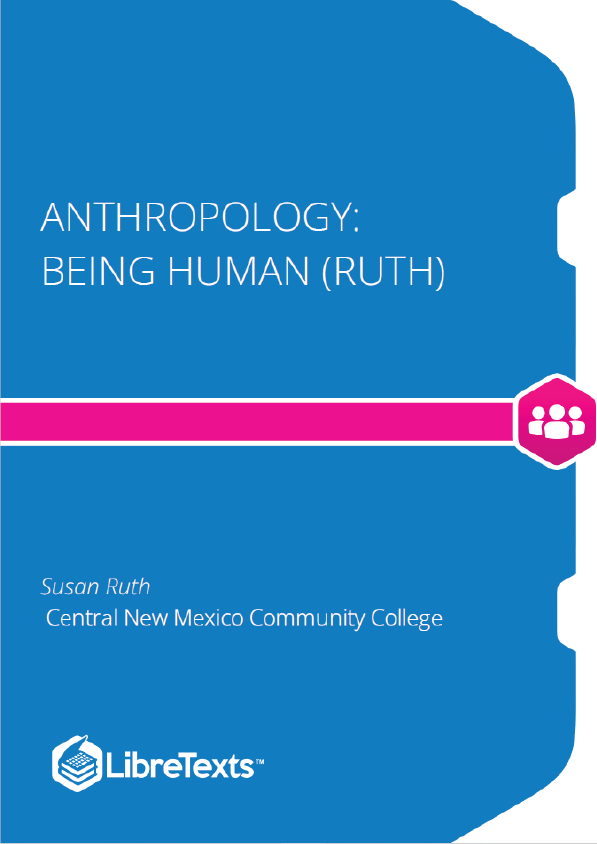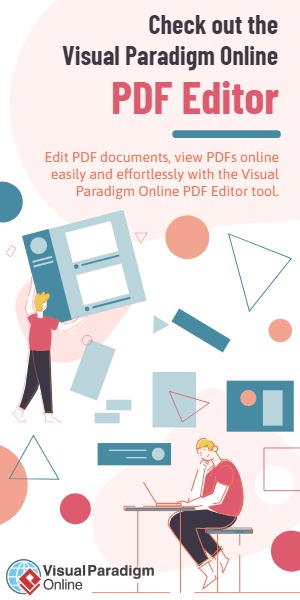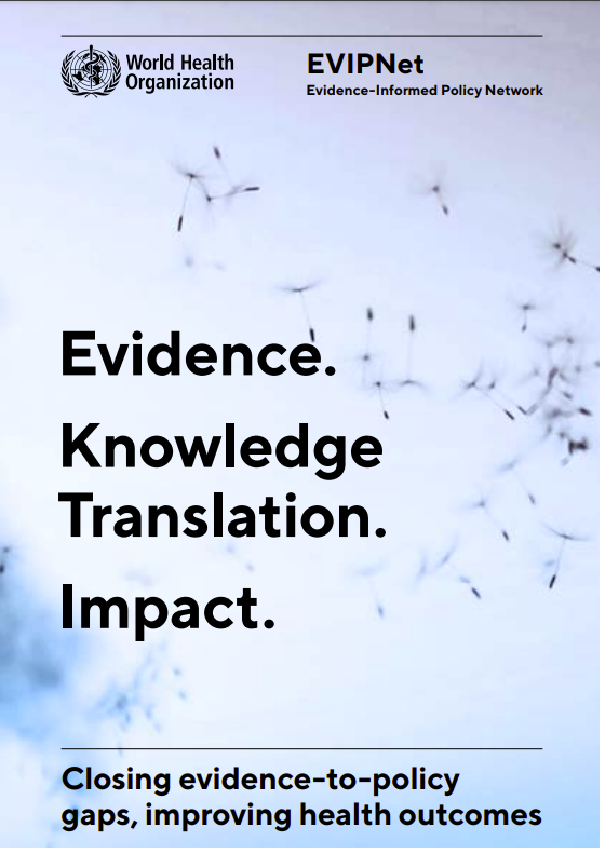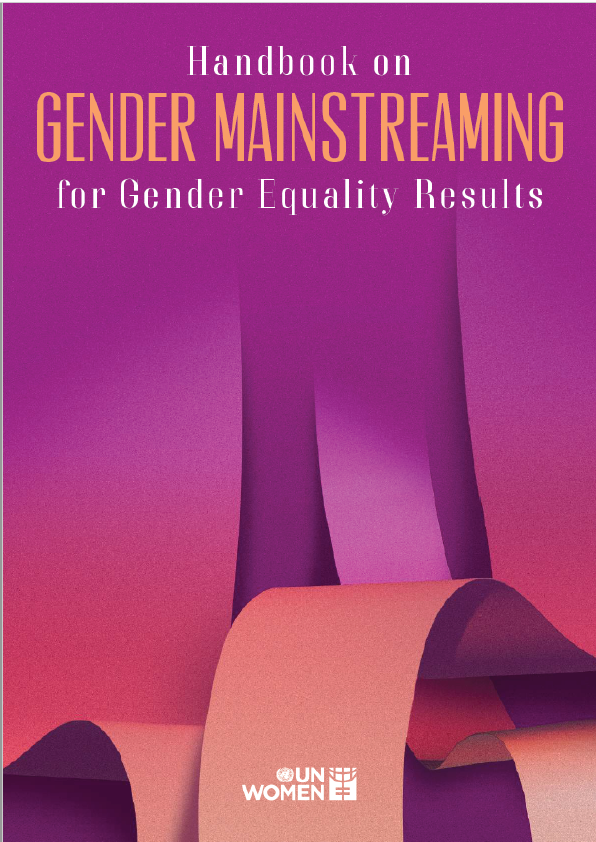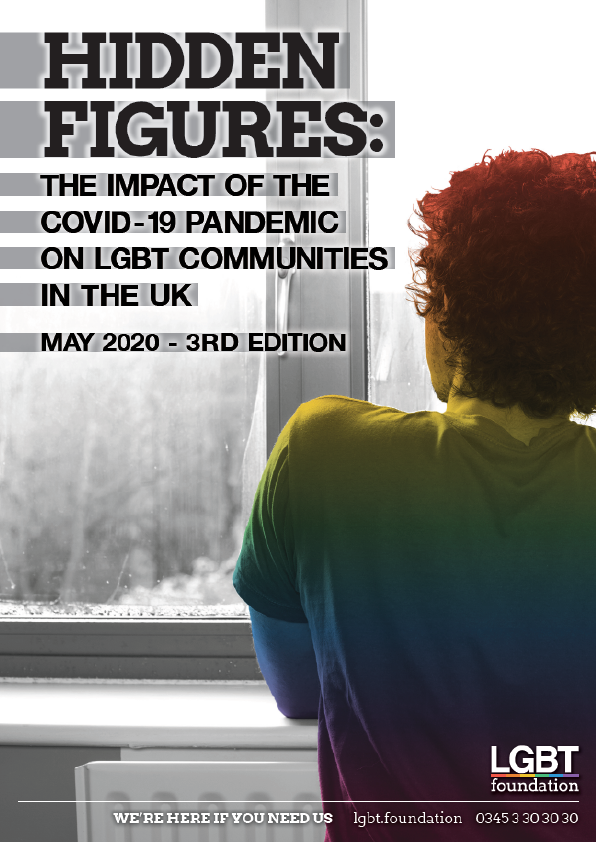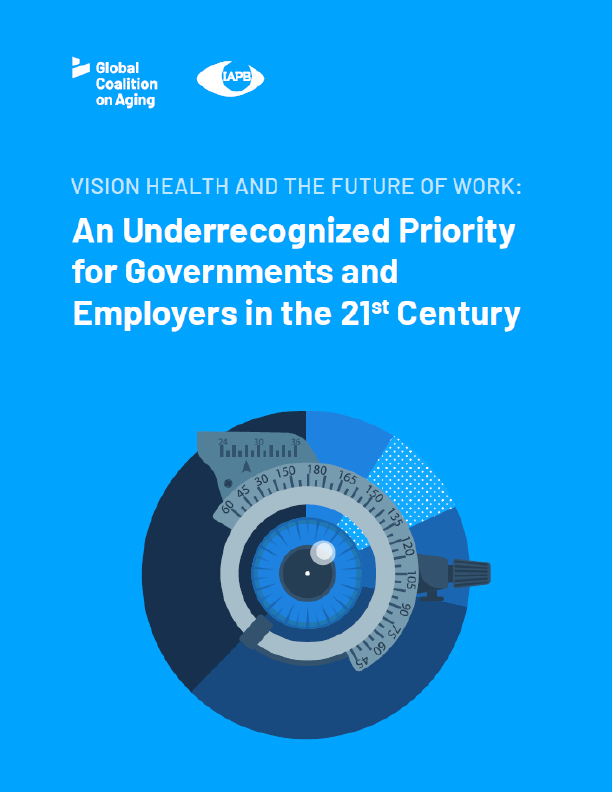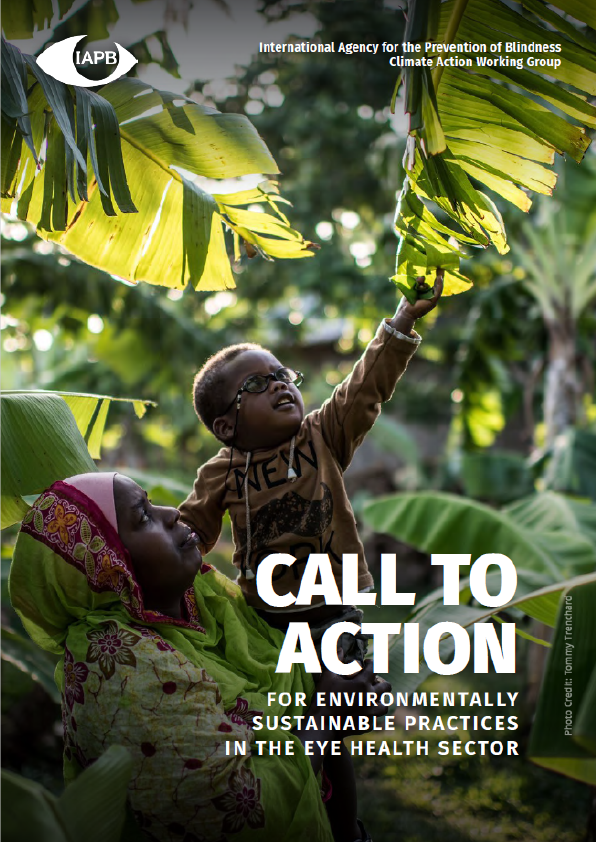What is Anthropology?
Anthropology is the study of what it means to be human. The term “anthropology” literally means the study of humans (anthropos is Greek for humanity). We are often fascinated with other people and even fascinated with ourselves, and why shouldn’t we be? After all, within each human skull lies the human brain, which neuroscientist Christof Koch calls the most complex thing in the known universe (Flatow 2013). With our incredible brains we can strive to know the world around us as well as ourselves. Knowing ourselves is the central challenge of anthropology.
We also learn to adapt to our environments culturally. To live in extreme arctic conditions, we do not need a biological adaptation like thick pelt of fur; we simply learn to sew a coat, build a shelter, and make fire. Because of the flexibility of culture, more than any other organism, we humans are able to occupy all environments of the planet from deserts to polar regions to the oceans and beyond the Earth itself. What’s more, culture and biology are not separate and distinct systems but are rather intertwined (Sapolsky 2017). All traits are both genetic and environmental. We’ll discuss how this can be in Chapter 8.
The Culture We Swim In
In Pulitzer Prize finalist David Foster Wallace’s “What is water?” commencement address (Sullivan 2013) he tells a simple story: “There are these two young fish swimming along and they happen to meet an older fish swimming the other way who nods at them and says, ‘Morning boys, how’s the water?’ The two young fish swim on for a bit, and then eventually one of them looks over at the other and goes, ‘What the hell is water?’” What’s true for fish in water is also true for human culture.
The anthropological perspective not only helps us understand the world around us, but also can help us be better scientists, artists, and human beings. Steve Jobs once said “Creativity is just connecting things…the broader one’s understand of the human experience, the better design we will have.” Though anthropologists are not in the business of creating new technologies, the idea behind the value of diverse experiences is the same. When we limit who we interact with or automatically reject certain ways of doing things, we limit our creative potential and ability to solve problems. By keeping our minds open to new ways of doing things and different people, we can understand other people better, understand ourselves better, and increase our ability to solve serious problems facing our world.
